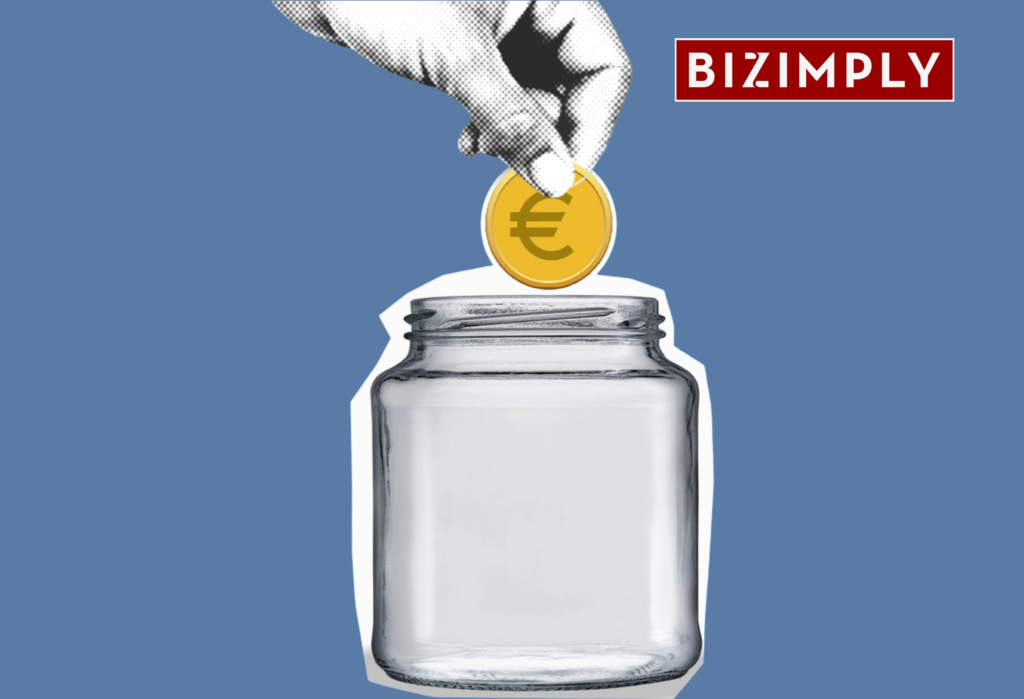As you may know, in recent months, there has been a lot of discussion about tips and gratuities. The UK’s Fair Tips Bill and the Irish Wages Amendment on tips are some examples.
Most people think of tipping as an American tradition, but it has European origins.
Are you curious about how everything started? Have you ever heard about the origins of tipping?
Today’s Bizimply blog digs into the world of tipping. We will explore interesting curiosities about the history of tipping.
Did you know…
…that tipping may have started with the Romans?
Someone might have told you that the word tip has a curious origin. Some articles say that the word was an acronym for “To Insure Promptitude” in Europe’s taverns during the 18th century.
I hate to be the bearer of bad news. But there is no real proof that this is real, so it’s an Urban Legend.
Frederick W. Hardwood, an English writer, was the one who first told this story. But newer reviews of the book prove this is a myth.
Which seems to have been a common thing since the “century of lights”. We like making up stories to explain how things happen.
People may have been tipping since the Roman Empire. In the Middle Ages, it was common for feudal lords to throw coins at beggars to get them to move along.
Sadly, those are only theories. It’s difficult to prove them since you cannot trace them.

Tipping means “to give someone who has provided you with a service an extra amount of money to thank them”. This is according to the Cambridge Dictionary.
Now, tipping is routine in many service industries, like restaurants, hotels, and taxis. It has become common to thank someone for good service. Or to make sure that they will treat you well in the future.
..that not giving your employees their tips can get you a fine?
As society moves away from cash, tipping habits have changed a lot. This has led to new laws to protect workers’ wages. As a hospitality manager, keeping track of all tips and ensuring they go to employees is important.
The Employment (Allocation of Tips) Act 2023 wants to make it illegal for businesses to keep employees’ service charges starting in July 2024. This is to ensure fairness and transparency. Employers might face fines if they don’t stick to these rules.
Update: The government has postponed the start of the new rules until October 1, 2024.
In 2022, Ireland approved an Act on Tips and Gratuities. This helped clarify what tips are and ensure a fair share of electronic tips.
To follow the law, employers must share their tipping policy. These changes will affect how employers and customers talk to each other every day. But in the long run, they will protect workers and make sure they get tips.
… that tipping measures if employees are doing a great job?
Nowadays, tipping is a way for customers to show how happy they are with the service they receive.
According to The Economist, service quality doesn’t have much of an effect on the size of the tip. Only 5% of the difference.
The percentage may not seem like much. But the truth is that an employee who doesn’t provide good service isn’t likely to get tips.
One way to make customers happier is to improve the quality of service and train employees well.
You need to make sure that employees’ schedules are well managed. Since this can improve their satisfaction and retention. Helping to provide better service performance in the long run.
Learn how Bizimply can help you with that by booking a Demo with our Sales Team.
… that tipping can be a bit controversial?
The truth is that there are a lot of problems and controversies about tipping.
Managers have to be careful with tips. Mistakes in keeping track of them or not giving each employee the same amount of tips can be dangerous. They can create disagreements among employees.
In the UK and Ireland, business owners and managers can choose how to handle tips and give them out. So, do what you think is right and fits with the values of your company.

Still, there are rules to follow about taxes, the national minimum wage, and others.
UK’s Government website has a guide to help employers deal with tips and gratuities. The Irish Citizen Information also has a helpful article on the same topic.
Both articles explain the best way to deal with all those challenges.
But following the rules isn’t enough. It’s also important that your business is clear about how it handles tips. When customers don’t know what’s going on, they can get confused.
Your front-of-house staff should know how the business handles tips. They need to be ready to tell customers about it if they ask.
So, the next time your customers leave a tip, they can be sure that the share is fair.
Our free Tronc calculator will make figuring out tips easier than ever.

After entering the pot balance in your new calculator, put their names and positions. Bizimply’s Tronc calculator will do the rest.
…that technology is here to revolutionise tips and help Frontline Workers?
Technology is an important part of our everyday lives, and tipping is no different.
With new laws on this topic, technology will play a big role in how managers handle tips. Now more than ever, interactions with employees need transparency and accountability.

That’s when technology can help.
The switch to digital tipping has many benefits. Making it easier, more open, and more efficient to track and give out tips.
Also, some platforms and apps let customers rate and comment on the service they received. Which is a more direct way for them to show how happy or unhappy they are.
TipJar, one of our partners, is one of the best in this area. In our article on the best apps for managing your restaurant, we mentioned them.
They made a guide on tipping laws in the UK, which is a great tool for restaurant managers.
To wrap things up…
It’s clear that technology will continue to change the way we handle tips.
And let’s face it, tipping is a pretty interesting topic. From its roots in history to the current debates about it.
As society changes, so does tipping. It’s a way to say thanks for good service. But it’s also important to talk about things like income inequality and fair pay.
This is where the law, openness, and technology come in.
We can make tipping fair for both service industry workers and customers. Having open conversations, putting fair rules in place, and using the latest technology.
Do you like our content? Share with a colleague!









